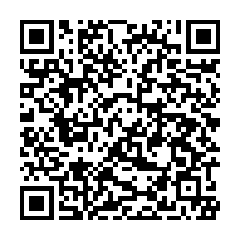I would say depending on who is asking you...
If you have there some xmr valued many hundreds of euros, it is pretty unlikely you actually mined it unless you have some very powerful setup.
If I am the government, then I will ask you: Show me this mining setup. Prove to me that you at least owned or had access to this setup.
I think when we talk about plausible deniability it's not in the context or "Where did this money come from", but more along the lines of "I cannot prove it was actually you who bought this item".
Imagine you buy an item that is restricted or sanctioned in your area, plausible deniability makes it so it is very difficult for me to prove in a court it was you who bought it, and very easy for you to evade these accusations.
If someone forces you to open your wallet, you can just have a second hidden wallet where you keep your stash, and then just open another wallet with, let's say, 5 or 10 euros worth or XMR that you can actually mine in a reasonable amount of time with some old machines.

Well as always, depending on your use case and your threat model, using those swap services might not be the best idea, specially if you want to be "stealthy" when purchasing or selling xmr.
If you buy or sell XMR in simpleswap and use a KYC'd coin (like BTC that you withdrew or deposited from/to a CEX like kraken or binance), then authorities can ask the simpleswap owners and they will show them that you traded Monero.
Again if this is not a concern to you, then perhaps those swapping services are "good enough", even though I have read countless stories of them performing shotgun scams and shotgun KYC where they will randomly select you and make it very difficult for you to recover your funds, especially if those funds do not come from "trusted" sources aka another CEX.
But again as always, that is up to you and your use case / threat model, and the risks you are willing to take.